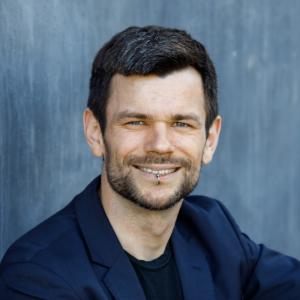Global Maoism, the Cold War Germanies and the Postcolonial World
Book project
Global Maoism, the Cold War Germanies, and the Postcolonial World is a book about Germany in its global dimensions and about global Maoism in its local, regional, and German contexts. Amidst Cold War confrontation between East and West, activists in the 1960s and 1970s turned to Beijing for political leadership. By tracing their networks through the Cold War Germanies, Europe, Africa, and Asia, this book not only sheds light on democratization and authoritarian rule in postwar West and East Germany, but also reshapes how we look at the impact of decolonization in Europe, China’s self-assertion on the world stage, and the global Cold War. In the scholarship on modern Germany, the seismic shocks of decolonization and the manifold responses by people from the Global South within German borders remain secondary to narratives that foreground white Germans overcoming the burdens of their past—from Nazi defeat in 1945 to liberal triumph in 1989. But people of color have been central actors in some of the most visible aspects of German public life, albeit often without being seen. This was particularly true within the protest movements of the postwar period—including the mass phenomenon of Maoism, in which an estimated 80,000–100,000 people, including many future members of Germany’s (overwhelmingly white) 21st century political and cultural elite, took part.
By emphasizing the transnational encounters through which Maoist ideology was collectively produced, such as those between activists from around the world working together in Albania and Beijing, this book traces how Maoism connected locations across the globe and involved German activists on both sides of the Iron Curtain, as well as international students, diplomats—and spies. Ultimately, this book offers a corrective to the whitewashed story of the postwar Germanies, revealing the multi-ethnic character of radical left politics and the consequences of its erasure on the history—and history writing—of modern Germany. It thus also uncovers the roots of numerous contemporary controversies—from Germany’s response to the wars in Syria and Ukraine to its slow recognition of its colonial crimes and its much- celebrated but deeply flawed confrontation with its Nazi past.
During his stay at the ZZF Dr. David Spreen researches in Department I: Communism and Society.
